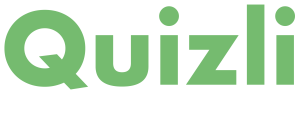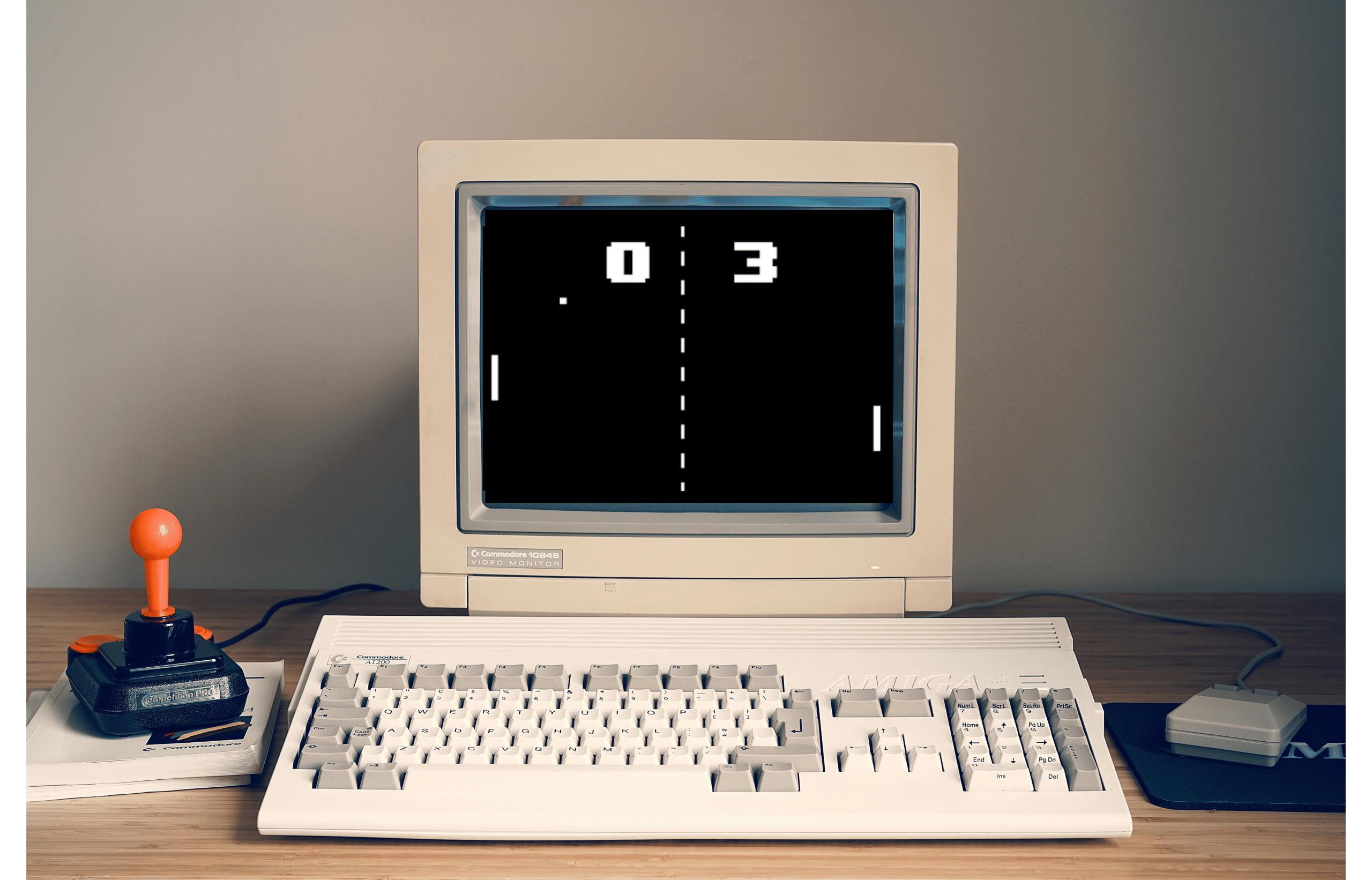The education technology (edtech) industry is set to surge by over $170 billion between 2025 and 2029, nearly 16% in yearly growth. With today’s widely adopted technological advancements, such as AI and the cloud, it’s no wonder the industry is growing by leaps and bounds. But there was a time when few believed in education technology; or technology at all.
In fact, back in the ‘80s, only a few saw the potential for technology like computers to become an essential household item that would revolutionize our daily lives. Mark Talluto, the founder and CEO of Quizli, was one of them.
His journey from passionate computer kid to educator and later on tech founder tells a story of determination and love for what you do, especially when your actions have the power to positively impact others.
Now, with over 20 years of experience in the field he fell in love with as a kid and where he ultimately placed his bets in the ‘90s, Talluto looks back at the challenges along the road and wouldn’t change a single thing.
Discovering an Innate — and Rare — Love for Computers
It all started with the iconic video game “Pong”. Talluto was mesmerized by whatever powered this program, which immediately got him into coding. He learned to program in basic computer language on a Timex Sinclair 1000 simply by reading computer magazines his parents bought him and absorbing everything. It was in his DNA.
When the Commodore 64 came out, a total of 10,594,000 units were sold in the company’s lifespan. It was a novelty item that few understood and most acquired as part of their job. After two years of saving money from presents his parents gave him, Talluto got to own one of those units.
He didn’t do it to get ahead in school or because his family pushed him to — he was genuinely fascinated by computers and programming. He recalls, “You were the nerd or geek and you were happy to be that person.”
Talluto was completely self-taught — although he did learn Pascal in school as part of an AP course — until he pursued a higher education degree, which initially had nothing to do with computers. Being born into a family of educators, he chose to teach.
Following a Longstanding Tradition in Education
While Talluto’s academic life didn’t immediately start with edtech or technology at all, every decision he’d made led him there eventually. He naturally gravitated towards a career in education, getting a BA in Spanish to teach or become a translator. During that time, he took classes that exposed him to heavy-duty coding languages like Fortran.
After that, he decided to pursue a master’s degree in Computer Science. Still, he was soon persuaded by a professor in the Computer-Based Education program — a degree that trains educators in programming tools for the classroom.
Upon graduating, he worked as a substitute teacher in K-12 for almost nine years in the Los Angeles Unified School District (LAUSD), sometimes in magnet programs for gifted kids. During this time, he got to know other teachers and learned about their challenges, goals, and the tools they were missing to make their job easier. He also spoke to students about how they perceived education, which gave him lots of perspective on what both ends of the spectrum wanted and needed to improve their experiences in school.
“Teaching seemed disconnected from what I ended up doing, but it truly became useful to me down the road.”
Finding the Middleground With Education Technology Tools
As time went by, Talluto became good friends with a math teacher who found worksheets way too tedious. Suddenly, this seemed like an opportunity to continue doing what had inspired him from a young age and which he’d honed at college.
So, Talluto suggested making a math software called “Math Generator” to help him create worksheets for his class. This was the very first edtech tool he’d built, and his colleague loved it.
“The experience of someone using your software is much more gratifying when you know who’s actually using it. I was fired up. That’s when I started thinking that maybe I could do this — transition from teaching to making software.”
Around the same time, in the late ‘90s, he also discovered CUE, a popular edtech conference on the West Coast. There, he learned even more about the demand for pre-internet educator tools. This excited him, but also faced him with a forked path of important life decisions to make.
Taking a Leap of Faith Into EdTech Entrepreneurship
This stage represented the biggest challenge in his career. He wavered between leaving the comfort of teaching, which was a vocation he loved, or following his passion as a software developer in the tech space. It didn’t take him long to realize that, even though it would be difficult at first, he should pursue his lifelong interest in technology.
So, he worked nearly 18-hour shifts between his day job in school and restless nights developing his software products. He created standalone native applications like teacher fonts, lesson planning software, presentation builders, and a tool to make general worksheets. They were so successful that they hit shelves in places like school supplies stores — he managed to blend his two callings.
“Education was fundamental to moving me forward into software. It opened up a whole world of possibilities.”
Stepping Into The Future with Cutting-Edge Education Technology
Times changed, and the internet came along, leading Talluto to redesign his offering as demands and technology shifted. After demand for edtech applications waned, he delved into healthtech with a vision eyecare software tool called 20/20 Vision — still active today — with his established company, Canela Software.
He later integrated the software with a more complete tool, called NurseNotes, for school nurses to easily handle all aspects of audiometry and vision screenings for students. This way, he’d subtly stepped into the familiar territory of the education industry, where he wished to put down roots once again.
Many years later, Appli came along to supply the growing need for developers to code faster and democratize access to software development for non-experts. From it, Quizli was born to help educators build quality tests and handle them seamlessly while creating an engaging experience for students.
Many people say you should follow talent over passion. But, thankfully for Talluto, he was able to integrate both into his life’s purpose. He also managed to stay current when new tech trends appeared, breathing new life into his company and looking into the future rather than the past.
Today, his software is trusted by 78 school districts and benefits over 929 schools and approximately 820,000 students. He and his growing team wish to broaden that scope and continue to positively impact schools everywhere.
Simplify your assessment-building process and easily manage your class grades with Quizli — schedule a demo with us today to find out more!




